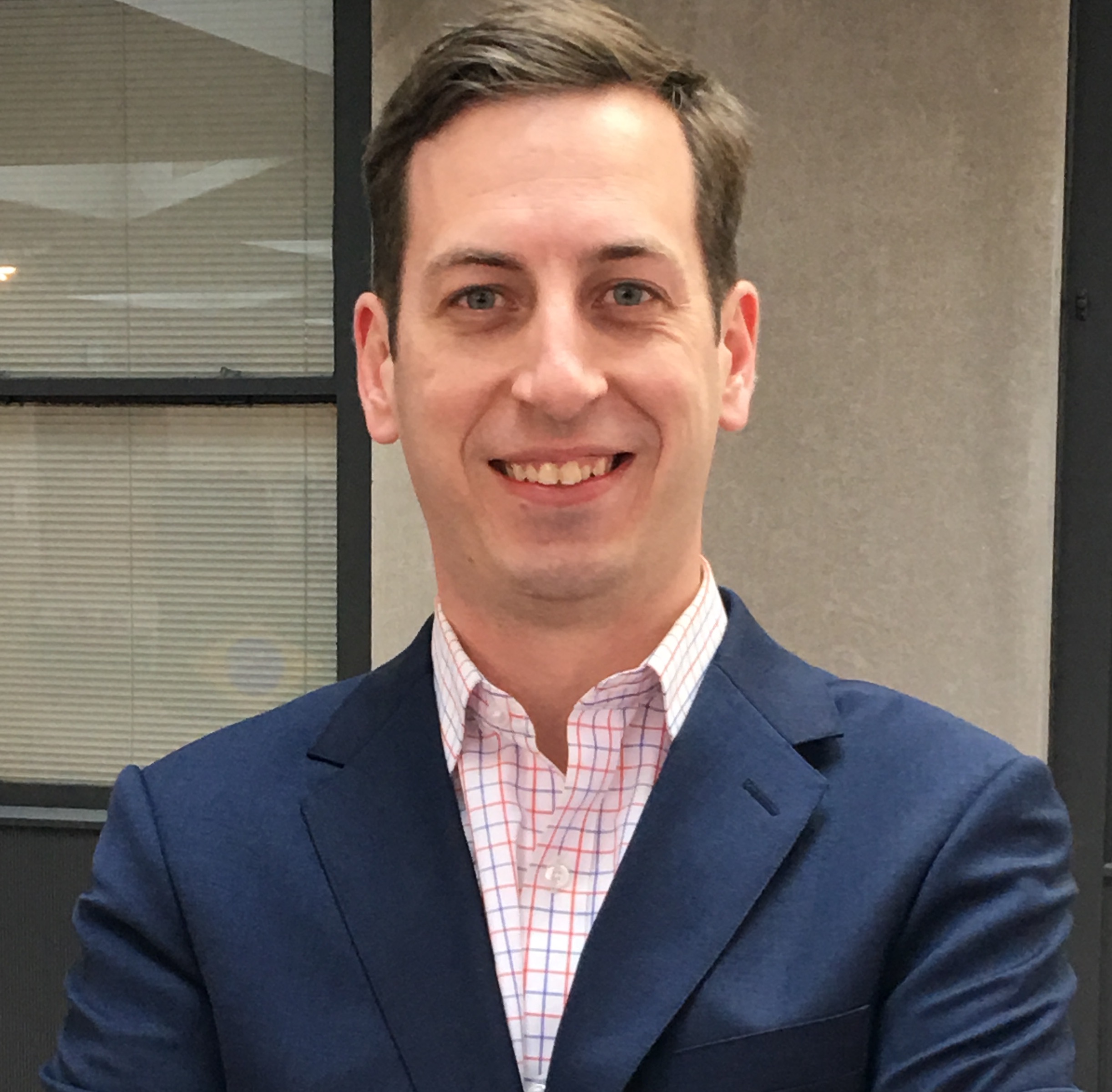Dr. Kevin Kensler is an assistant professor of population health sciences in the Division of Epidemiology. He received his MHS in health economics from the Johns Hopkins University Bloomberg School of Public Health and his ScD in epidemiology from the Harvard T.H. Chan School of Public Health. Prior to joining Weill Cornell Medicine, Dr. Kensler was a research fellow and instructor at Dana-Farber Cancer Institute.
What got you involved in epidemiology?

Dr. Kevin Kensler
After college, I worked as a lab technician in a wet lab focused on environmental carcinogenesis. While much of my projects were basic science-oriented, I also had the opportunity to collaborate with epidemiologists on more population-oriented projects. I found these population health projects to be particularly interesting and decided to pursue a doctorate in the field. As a quantitative person, I love being able to dig into data to understand the phenomena and relationships that occur in the world, particularly as they affect human health.
Tell us about your NCI K99/R00 award, “Contributions of tumor molecular subtypes to prostate cancer racial disparities”
Prostate cancer exhibits some of the largest disparities in incidence and survival by race/ethnicity across all cancer sites, with Black men in the U.S. more than twice as likely to die from prostate cancer relative to white men. The causes of this disparity are multifaceted, reflecting social, environmental, behavioral, and biologic factors. The goal of this grant to assess variation in prostate tumor subtypes by race/ethnicity, using previously proposed subtyping approaches and novel subtypes we are developing, and to evaluate whether variation in subtypes contributes to the lower observed survival among Black men. Ideally, we can use these findings to identify factors that are linked to specific subtypes of prostate cancer. This is aligned with my broader goal of understanding the factors that drive cancer health disparities, so we can implement interventions that reduce the burden of cancer and advance health equity.
What expertise do you bring to this new role?
I joined Weill Cornell Medicine after three years as a postdoctoral fellow in the Division of Population Sciences at Dana-Farber Cancer Institute. Prior to that, I completed my ScD in epidemiology at the Harvard T.H. Chan School of Public Health. Epidemiology is a field that requires thinking on a range of levels, from the social determinants of health to the impact of single nucleotide polymorphisms. Through my training and prior research experiences, I have developed a skill set to design and conduct rigorous epidemiologic studies that allows me to address questions on all of these levels.
Why did you choose Weill Cornell Medicine?
I am very excited to join Weill Cornell Medicine, and specifically the Division of Epidemiology, because it is a great fit for my research interests and goals. The institution has a rich network of cross-discipline collaborations with investigators in basic and clinical cancer research. I am also excited to join a growing team in epidemiology and build the institutional capacity for epidemiologic and population research. Finally, Weill Cornell Medicine and the Meyer Cancer Center serve a uniquely diverse population in Manhattan, Brooklyn, and Queens. I am eager to undertake research that addresses the key questions in cancer prevention and control for the people and communities we serve.
- Highlights

